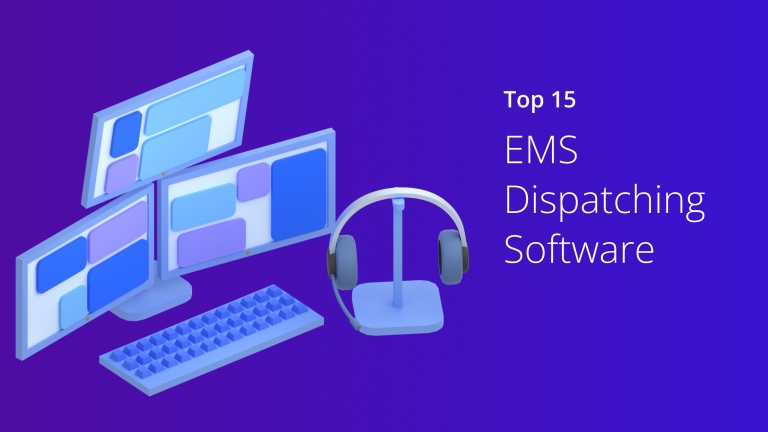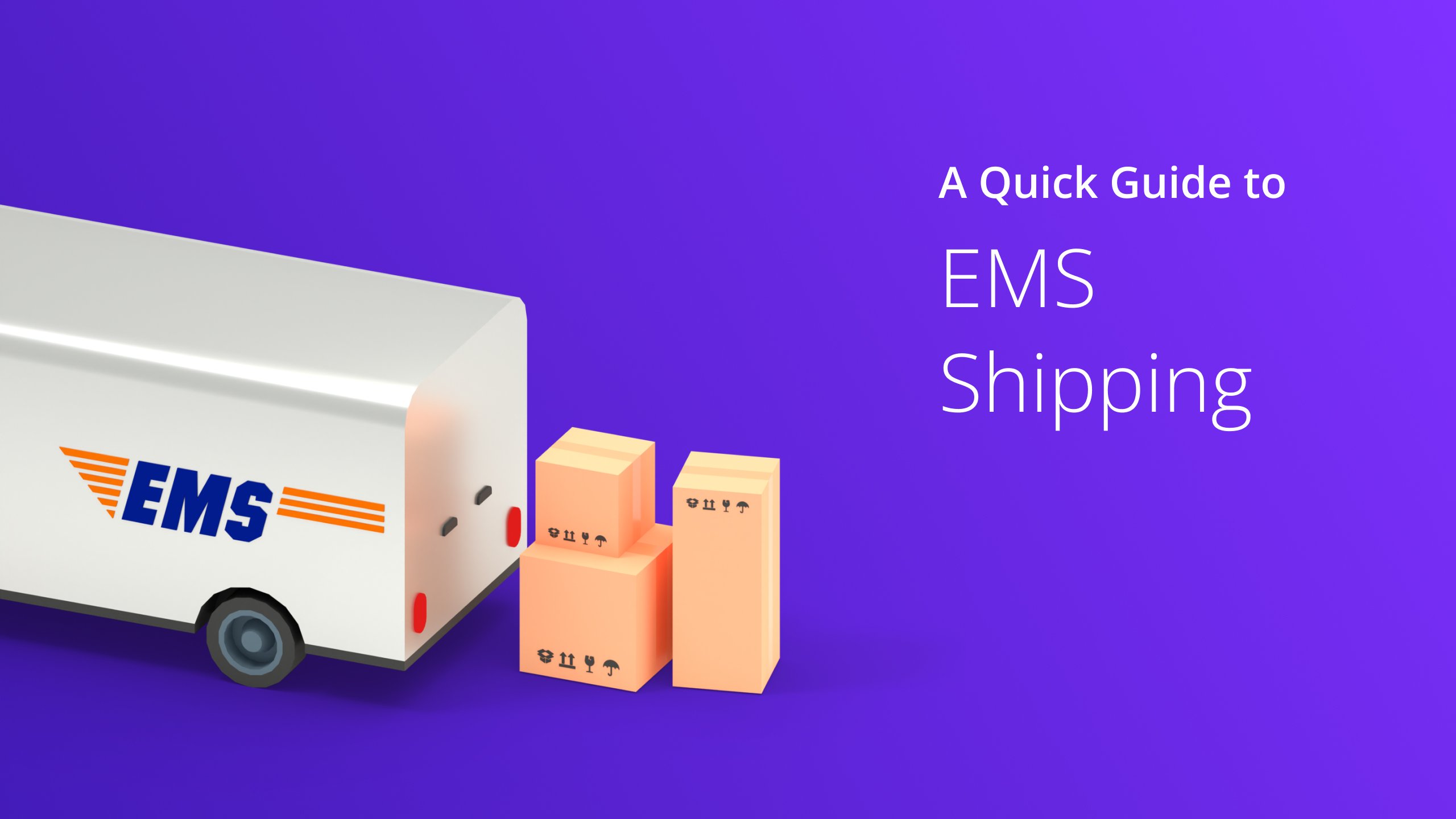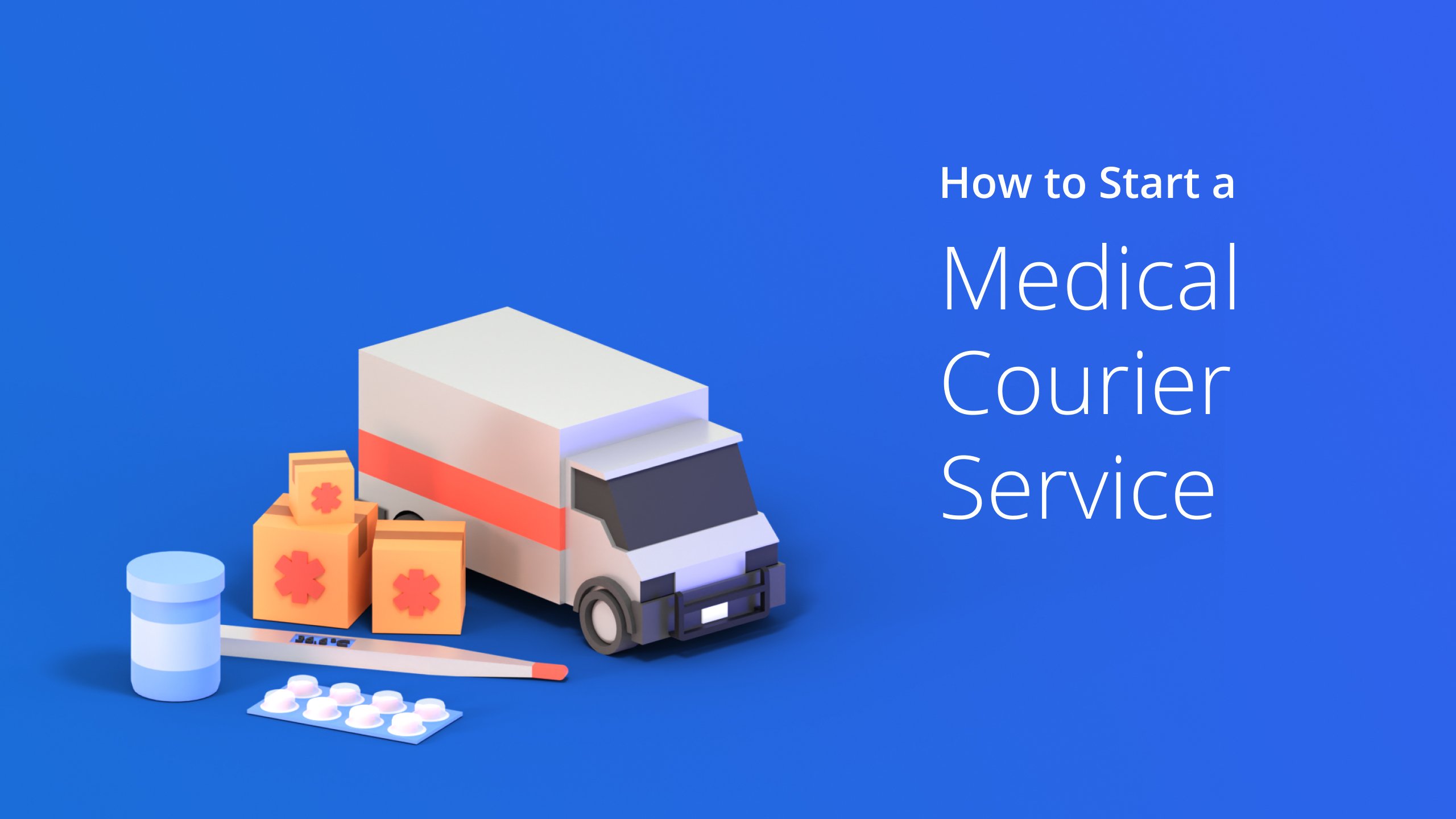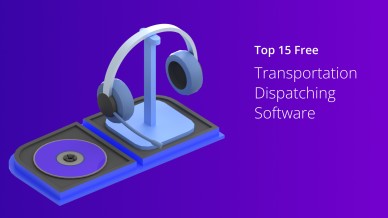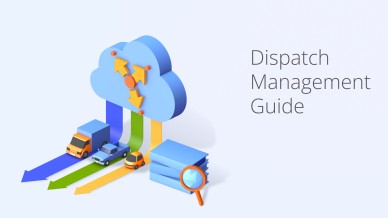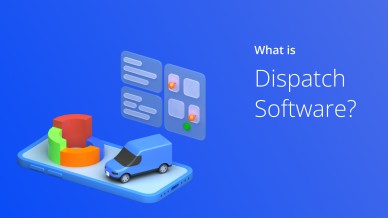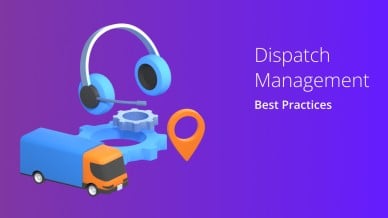Emergency Medical Services (EMS) software is essential for EMS agencies, critical care services, and fire departments to efficiently manage staff and other resources.
It prevents error by providing critical information in real-time, helps in performance monitoring, and allows first responders to perform quick responses.
So if you’re searching for scheduling software, read on as we’ve rounded up the best EMS dispatching software, ideal for staff and fleet management.
Table of Contents
Top 15 Emergency Medical Services (EMS) Dispatching Software
1. TCP Aladtec Scheduling
First on the list of the best EMS software is TCP Aladtec Scheduling.
Emergency medical services should have prompt transportation to provide quick assessment and appropriate interventions at the right time.
With the EMS scheduling software from TCP Aladtec, you can get instant access to manual and automatic features, from scheduling to tracking.
It helps with compliance management and automatically approves shift schedules, perfect for EMS service, communication dispatch, and law enforcement.
Average Price: Starts at $166 per year
Pros:
- Customizable dashboard
- Provide overtime calculations
- Offers 24/7 support
- Features advanced scheduling
- Provide mobile apps
Cons:
- Pay more for add-on features
2. ESO EMS Dispatch
Another dispatching software for emergency medical services, ESO Electronic Health Record, streamlines the creation of standard clinical documentation.
It applies computer-aided dispatch, helping in location verification, fleet management, medical recordkeeping, and customer relationship management.
This software enables the creation of a call queue, tracking call triage data, seeing patient history, and features phone bank software.
Aside from location services, dispatchers can access patients’ records and billing data.
Average Price: Starts at $99 per user/month
Pros:
- Utilizes computer-aided dispatch
- Intuitive user interface
- Offers real-time updates
- Ensure accurate locations
- Improve communications
Cons:
- Lacks customization
- Questionnaires not for large providers
Want To See For Yourself How Route4Me Can Make Dispatching Efficient?
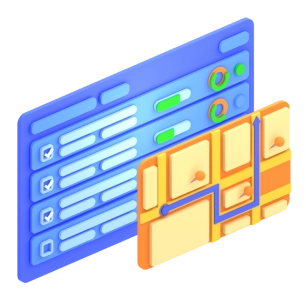
3. Pulsara
Pulsara is the best emergency medical services software for medical professionals, allowing teams to be flexible and transparent in their schedules.
This software allows emergency teams and other medical professionals to customize alerts, do live video group calls, streamline patient handoff, and access patient records.
Average Price: Starts at $14.90 per user/month
Pros:
- Clear and accurate communication
- Easy integration
- Intuitive user interface
- Features activity dashboard
- Allows live video group calls
Cons:
- Without record details
- Lacks document management
4. Aladtec
Emergency medical services aim to deliver quick interventions to simple injuries and fatal conditions.
Thus, Aladtec EMS software is a handy tool to ensure medical professionals are informed about their schedules and easily communicate with the team.
It features an electronic signature, employee database, alerts, activity tracking, equipment tracking, and appointment scheduling.
Average Price: Pricing by request
Pros:
- Free trial available
- Customizable reports
- Allows third-party integrations
- Edit schedule real-time
- Generate and export reports
Cons:
- Hard to read graphically
- Difficult to create a schedule
5. Zoll RescueNet Dispatch
Zoll RescueNet Dispatch is designed for emergency medical services and fire departments, utilizing a computer-aided dispatch system.
It allows emergency teams to respond quickly, streamline communications, and provide efficient outcomes.
This software features equipment tracking, questionnaire functions, and a highly visual user interface to assess employee performance and improve operations.
Average Price: (Quote depends on the business needs)
Pros:
- Enables two-way communication
- Minimizes errors and workload
- Uses computer-aided dispatch
- Measures employee performance
- Track resources real-time
Cons:
- Don’t feature patient records
- Limited management tools
6. Emergency Reporting
The perfect tool for fire departments, Emergency Reporting, is modular software that enables tracking, managing, and analyzing the occurrence in fire stations.
It is also ideal for emergency medical services as it features a patient database, billable items tracking, electronic signature, and equipment tracking. This tool allows users to manage fleets, employee shifts, and supply.
Average Price: Starts at $850 per month
Pros:
- Free trial available
- Intuitive and functional
- 24/7 customer support
- Provide NFIRS-compliant incident reports
- Track resources real-time
Cons:
- Mobile app limited feature
- Don’t generate daily reports
7. AIM EMS Dispatch
AIM EMS Dispatch is the ideal software for facilities that offer emergency medical services, featuring billing services, availability indicators, and HIPAA compliance.
It helps with dispatch monitoring, collects electronic signature, and feature a patient database to improve flexibility, workflow, and revenue.
This software also provides detailed reports to help in making informed decisions immediately.
Average Price: Custom pricing by request
Pros:
- Removes redundant data entry
- Varied EMS services
- Accurate and on-time calls
- Region and federal regulations compliance
- Allows shift assignments
Cons:
- Lacks management tools
- No equipment tracking
8. Traumasoft EMS Dispatch
Now, if you’re looking for an all-in-one solution that can handle emergency medical services operations, then Traumasoft EMS Dispatch is the best choice.
This software offers electronic patient care reporting and field data, which provide access to ePCR data, electronic records, and patient data on paper forms.
It also features a CAD system, real-time routes, billing data, reports, and a scheduler.
Average Price: (Quote depends on the business needs)
Pros:
- Easy to use
- Offers a variety of features
- Affordable tool
- Ensure real-time routes
- Obtain reports with ease
Cons:
- Limited customization settings
- Weekly updates cause bugs
9. ImageTrend Elite
ImageTrend Elite is another EMS software to consider, ideal for emergency medical service providers, rescue teams, and health information hubs.
It provides essential tools to help collect data and reports quickly, packed in a free mobile app. With ImageTrend Elite, users can import data, export billing, and send ePCR records electronically.
Average Price: (Quote depends on the business needs)
Pros:
- Free version available
- User-friendly dashboard
- Varying features for different teams
- Collects electronic data
- In-app communication
Cons:
- Features vary per device
- Support on business hours only
10. New World Public Safety
Previously called Aegis Public Safety, the New World Public Safety EMS software helps streamline logistic operations.
It offers a CAD system to EMS agencies, fire departments, and law enforcement, featuring improved mapping tools and a centralized database.
New World Public Safety also features records management, mobile computing, and correction management.
Average Price: $25 one-time payment
Pros:
- CAD system for varying sectors
- Seamless integration
- Varying management tools
- 24/7 customer support
- State and federal regulations compliance
Cons:
- Lacks field reporting
- No real-time updates
Multi-Stop Route Planner App
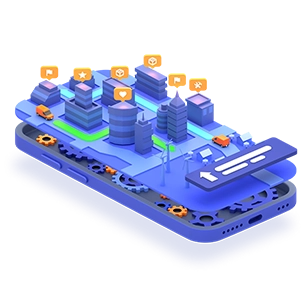
11. ESO Scheduling
This EMS scheduling software from ESO is a web-based tool that enables hospitals and emergency medical services agencies to manage employee schedules.
It provides a centralized database where users can swap schedules, make time off, and helps with payroll.
Also, it features reporting tools and a Message Center, which connects managers and employees.
Average Price: Starts from $795
Pros:
- Enables shift assignment
- Improve organization communication
- Affordable scheduling software
- Ease of use
- Records employees attendance
Cons:
- No free version
- The mobile app lacks some features
12. Schedule360
Another functional scheduling software for small to large healthcare providers, Schedule360, is a cloud-based tool that helps adjust employee schedules in real-time.
It’s a highly cost-effective tool customized based on the user’s needs, offering free set-up, training, and 24/7 support.
Moreover, it allows rule-based scheduling, provides alerts of employee schedules, and gathers reports and analytics.
Average Price: Custom pricing by request
Pros:
- Customizable schedule templates
- Shift schedule real-time
- Calculates employee overtime
- Tracks employee performance
- Automatic scheduling
Cons:
- Without mobile app
- Online scheduling is not available
13. ePro Scheduler Plus
ePro Scheduler Plus is an employee scheduling software utilized by fire departments, EMS agencies, and small and big enterprises.
This EMS software features reports, analytics, a time clock, an availability indicator, and collects electronic signatures.
In addition, it assists with shift and fleet management and allows shift swapping and tracking resources in real-time.
Average Price: Starts at $50 per month
Pros:
- Free trial available
- Ease of use
- Automated scheduling
- Gathers reports and analytics
- In-app customer support
Cons:
- Mobile view challenging to use
- Lacks compliance management
14. PowerPhone
PowerPhone EMS software focuses on handling emergency calls, which helps 911 centers gather more information on callers through questionnaire templates.
It enables quick response by applying standard call handling utilized by emergency medical dispatch, fire stations, and police departments.
This software also allows supervisors to monitor calls in real-time, assess call handlers’ performance, and customize scripts.
Average Price: (Quote depends on the business needs)
Pros:
- Receive real-time and vital calls
- Provides quality reports
- Unlimited access to self-paced training
- Efficient and seamless
- Pinpoint accurate locations
Cons:
- A free version is not available
- Lacks scheduling features
15. ESO Resource Planner
Lastly, ESO Resource Planner EMS software is made for emergency medical services and fire departments and is packed with tools for tracking assets.
It helps determine when to procure and retire an asset without the guesswork. This makes managing resources easier and helps users create a plan and budget.
Furthermore, it features built-in dashboards, maintenance plans, real-time reports, and a complete inventory of your resources.
Average Price: (Quote depends on the business needs)
Pros:
- Easy to use
- Real-time reporting
- Collect data fields
- Plan maintenance
- Customizable user interface
Cons:
- Lacks billing tools
- Limited features
Frequently Asked Questions (FAQs) about EMS Software
Who uses EMS software?
What features should I look for in EMS dispatching software?
How does EMS dispatching software work?
In A Nutshell
EMS software makes everything easier, from scheduling medical team shifts to gathering patient records in one place.
You can enjoy basic features or pay more for integrated systems with a few hundred dollars. If you haven’t decided which tool to use, refer to this guide of the best EMS software vendors.
Also, we recommend using track routing apps for your business, like Route4Me Route Planner, to get optimized routes. So sign up now and get a 7-day free trial for your fleet.
Want To See For Yourself How Route4Me Can Make Dispatching Efficient?

